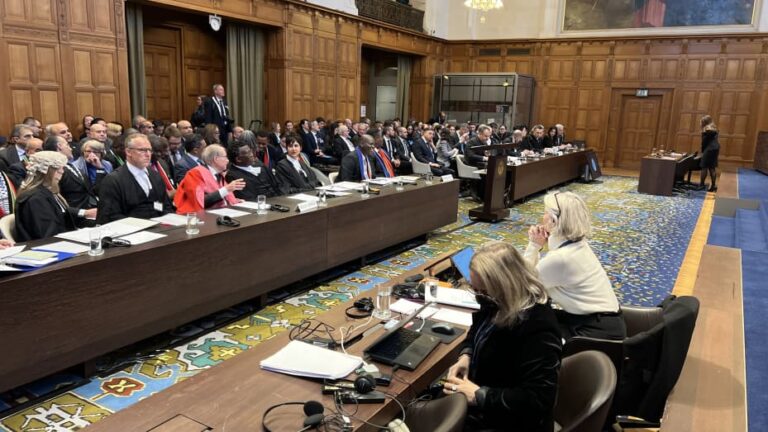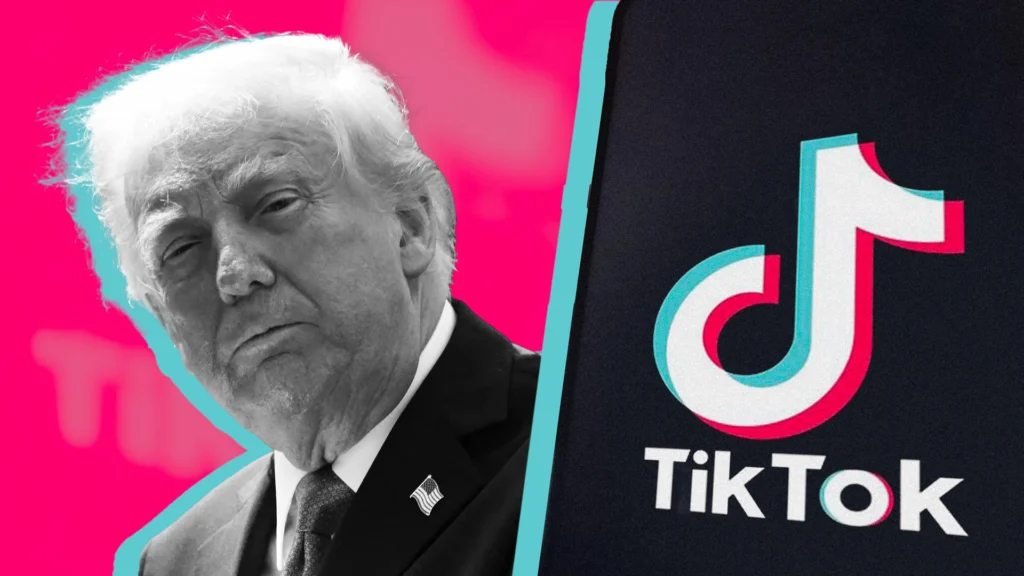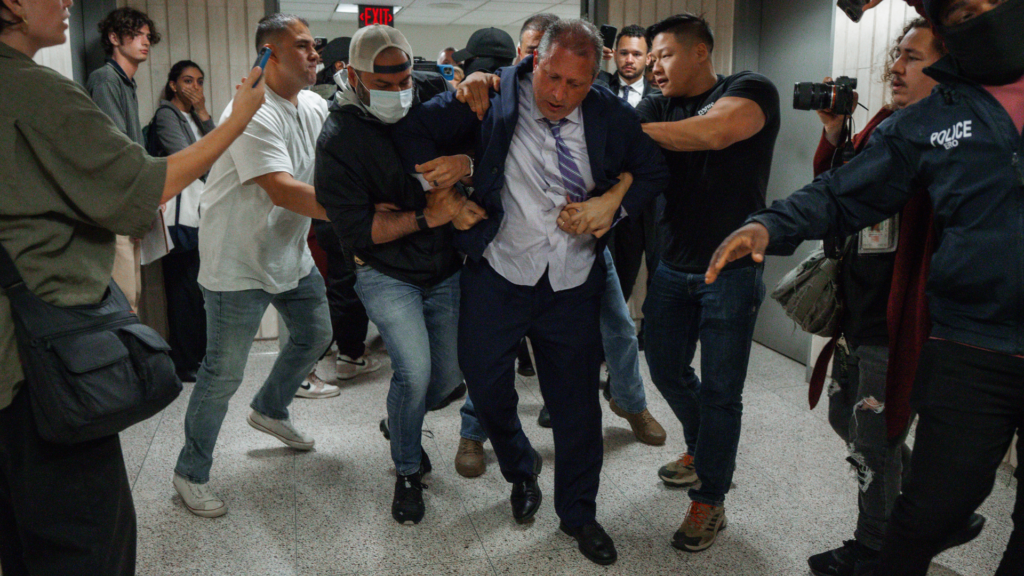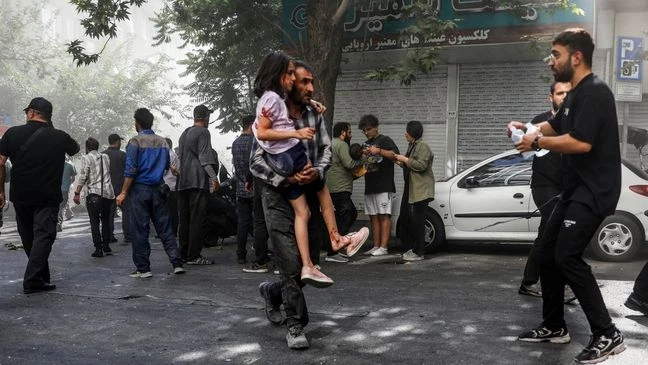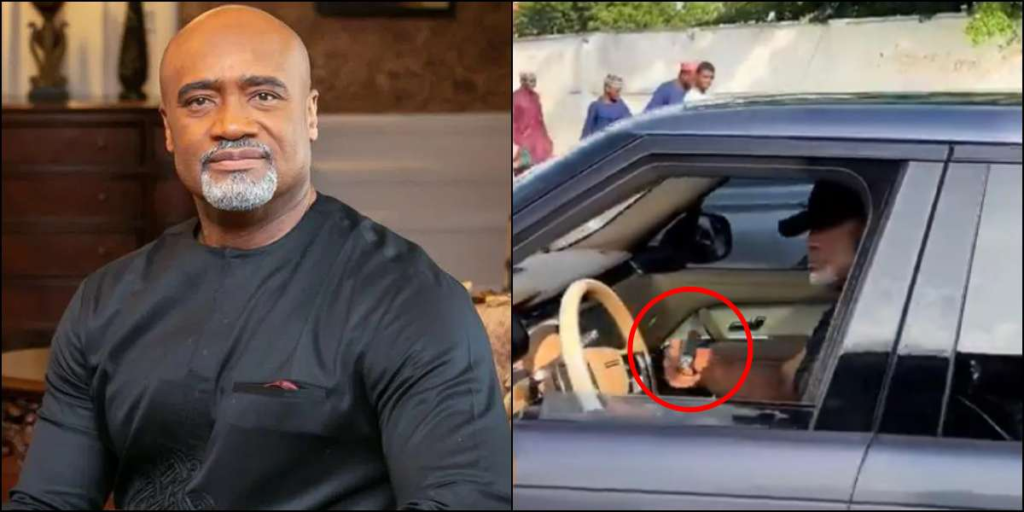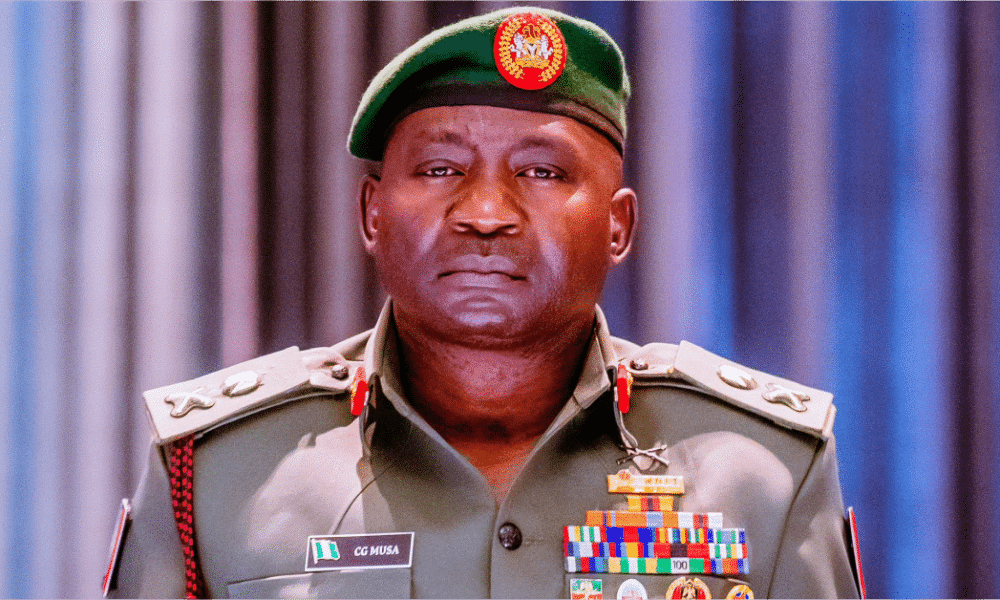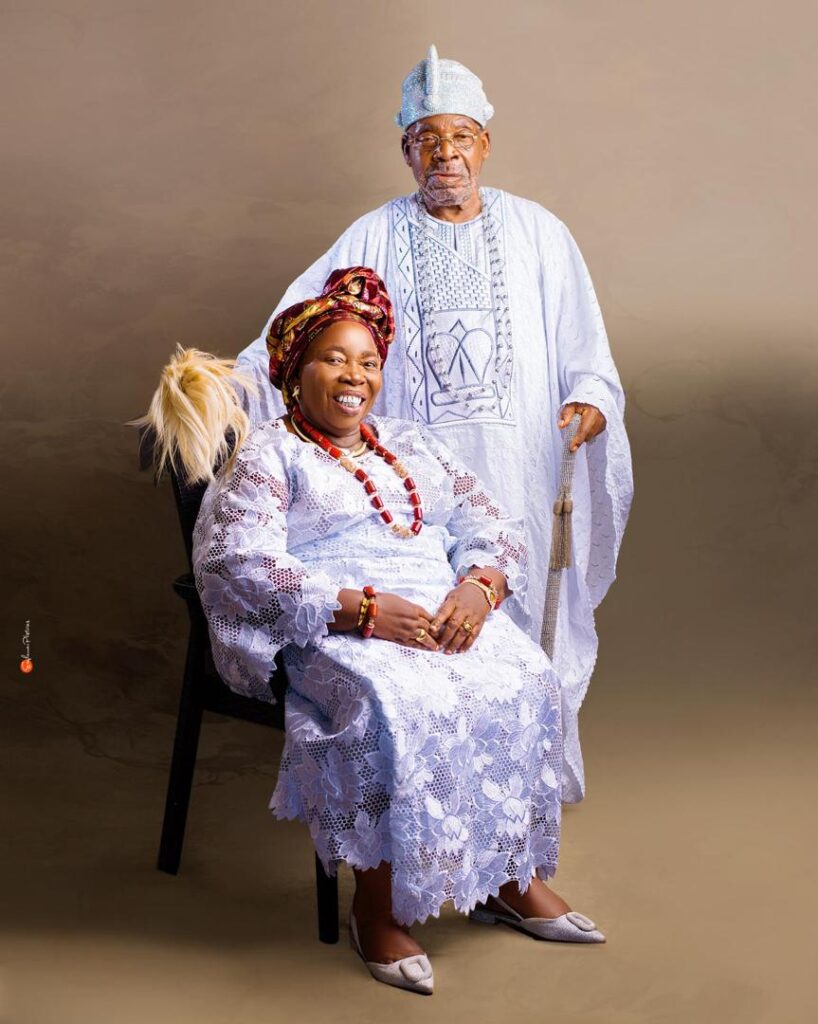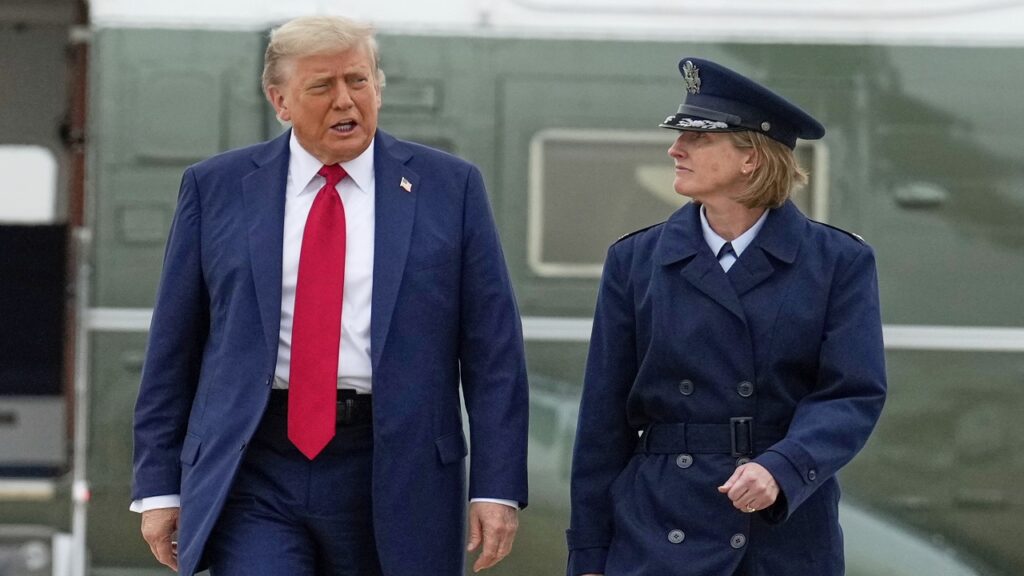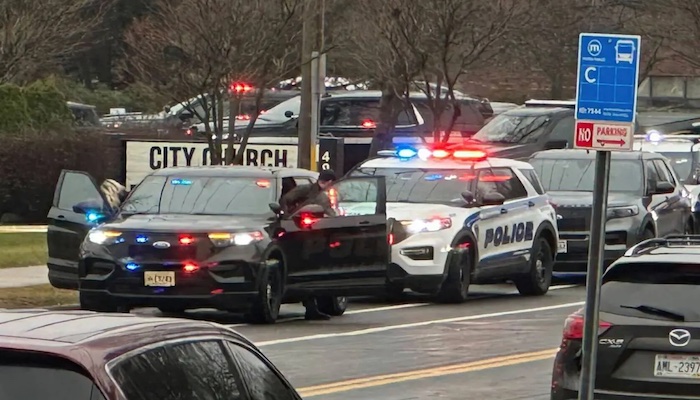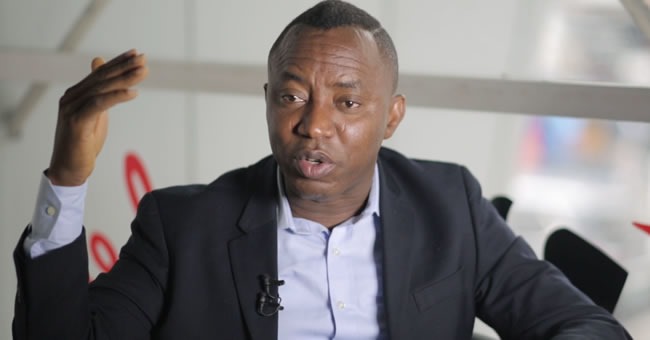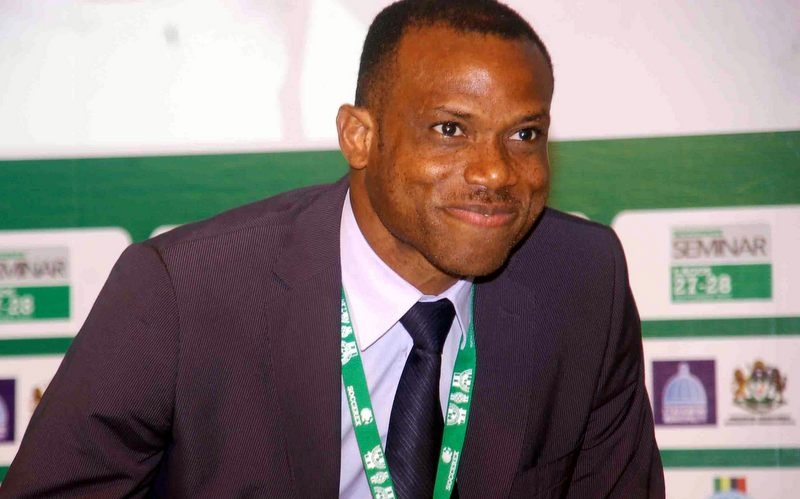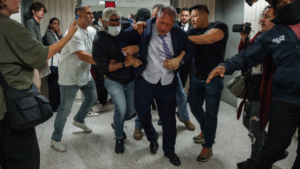The UN’s International Court of Justice is hearing a case brought by South Africa accusing Israel of committing genocide against Palestinians in Gaza.
The submission also calls on the court to order Israel to stop military operations there.
The ICJ will deliver only an opinion on the genocide allegation as the case is not a criminal trial, although it is being closely watched.
Israel has vehemently rejected the accusation as “baseless”.
There were angry scenes outside the ICJ’s Peace Palace on Thursday as Dutch police struggled to keep groups of Palestinian and Israeli supporters apart.
Hundreds of people waving Palestinian flags gathered outside the ICJ, calling for a ceasefire. Israeli supporters set up a screen showing images of some of the hostages still being held in Gaza.
South Africa will present its case on Thursday and Israel its defence on Friday.
In its submission, South Africa says Israel’s actions “are intended to bring about the destruction of a substantial part of the Palestinian national, racial and ethnical group”.
It says Israel’s actions include “killing Palestinians in Gaza, causing them serious bodily and mental harm, and inflicting on them conditions of life calculated to bring about their physical destruction”.
It calls for “provisional measures” to be implemented by the court as a matter of urgency, including that Israel cease all military activities in Gaza.
Israel has defended its actions in Gaza, saying it is responding to Hamas’s deadly attacks on 7 October, but speaking in court on Thursday, South Africa’s Justice Minister Ronald Lamola said no attack “can provide justification for or defend breaches of the [genocide] convention”.
The ICJ is the UN’s top court, based in the Hague in the Netherlands. Its rulings are theoretically legally binding on parties to the ICJ – which include Israel and South Africa – but are not enforceable.
In 2022, the court ordered Russia to “immediately suspend military operations” in Ukraine, an order that was ignored.
Under international law, genocide is defined as committing one or more acts with the intention to destroy, in whole or in part, a national, ethnic, racial or religious group.
 EPA Both pro-Palestinian and pro-Israeli groups protested outside the court on Thursday
EPA Both pro-Palestinian and pro-Israeli groups protested outside the court on ThursdayUnlike the International Criminal Court (ICC), the ICJ cannot prosecute individuals for crimes such as genocide, but its opinions carry weight with the UN and other international institutions.
On Wednesday, South African President Cyril Ramaphosa said: “Our opposition to the ongoing slaughter of the people of Gaza has driven us as a country to approach the ICJ.”
Israeli President Isaac Herzog called the accusations “atrocious and preposterous”.
“We will be in the International Court of Justice and we will present proudly our case of using self-defence… under humanitarian law,” he said.
He added that the Israeli army was “doing its utmost under extremely complicated circumstances on the ground to make sure that there will be no unintended consequences and no civilian casualties”.
Caroline Glick, a former adviser to Israeli Prime Minister Benjamin Netanyahu, said the case was “an affront to the basic concept of morality and reasonableness”.
Zane Dangor, director general of South Africa’s department of international relations and cooperation, told BBC’s Africa Daily programme that the allegation of genocide against Israel is a “strong allegation” but that it “is not one that is unfounded”. He described South Africa’s case as “very meticulous”.
While condemning the Hamas attacks of 7 October, he said nothing “could justify the level of killings” that is taking place in Gaza.
BBC

